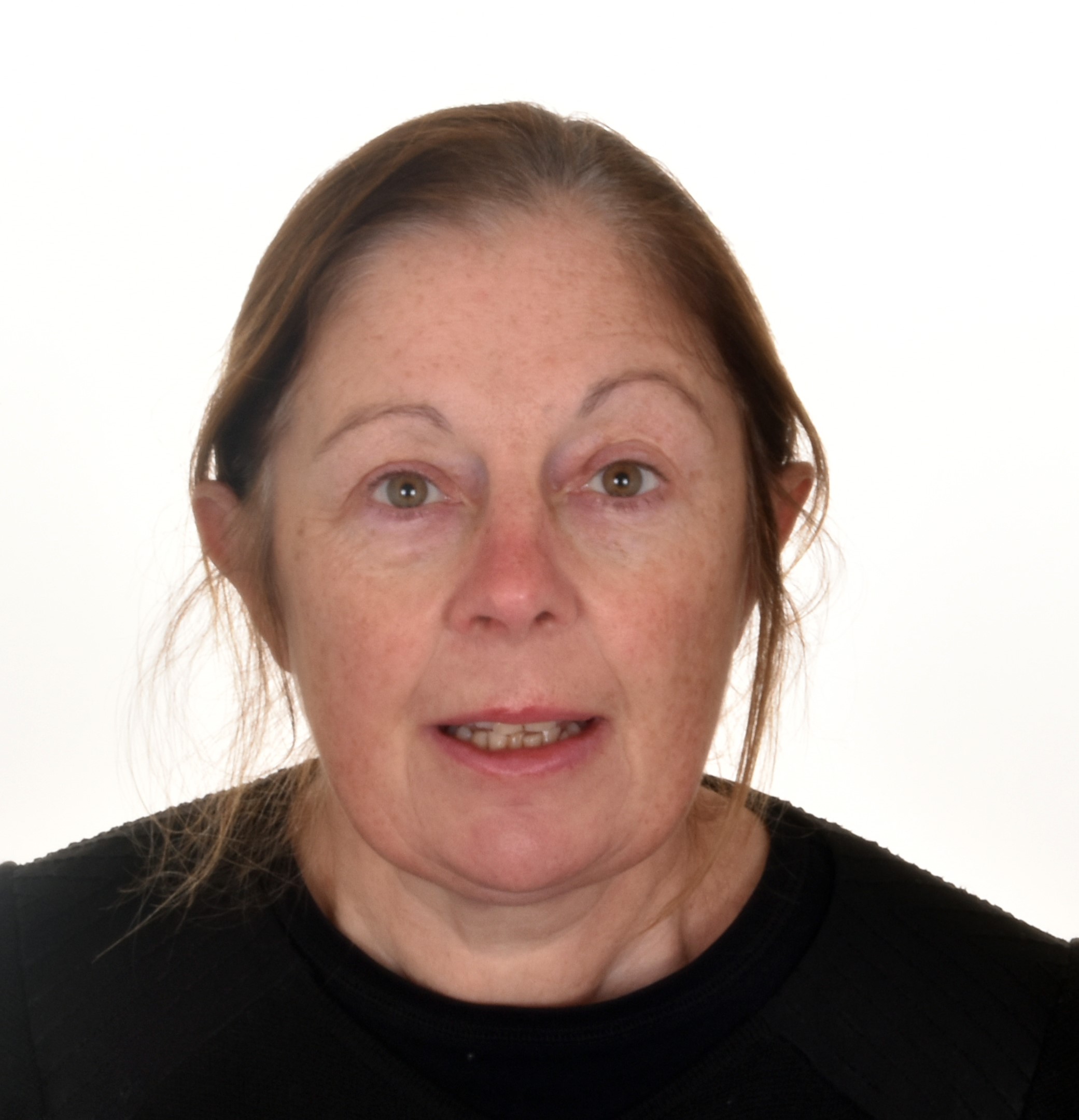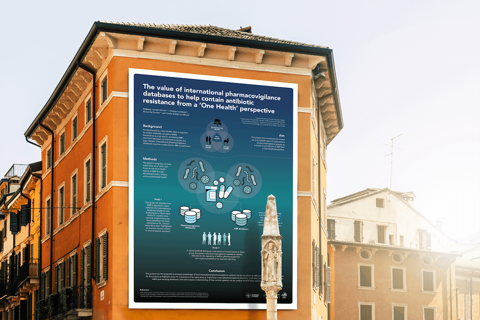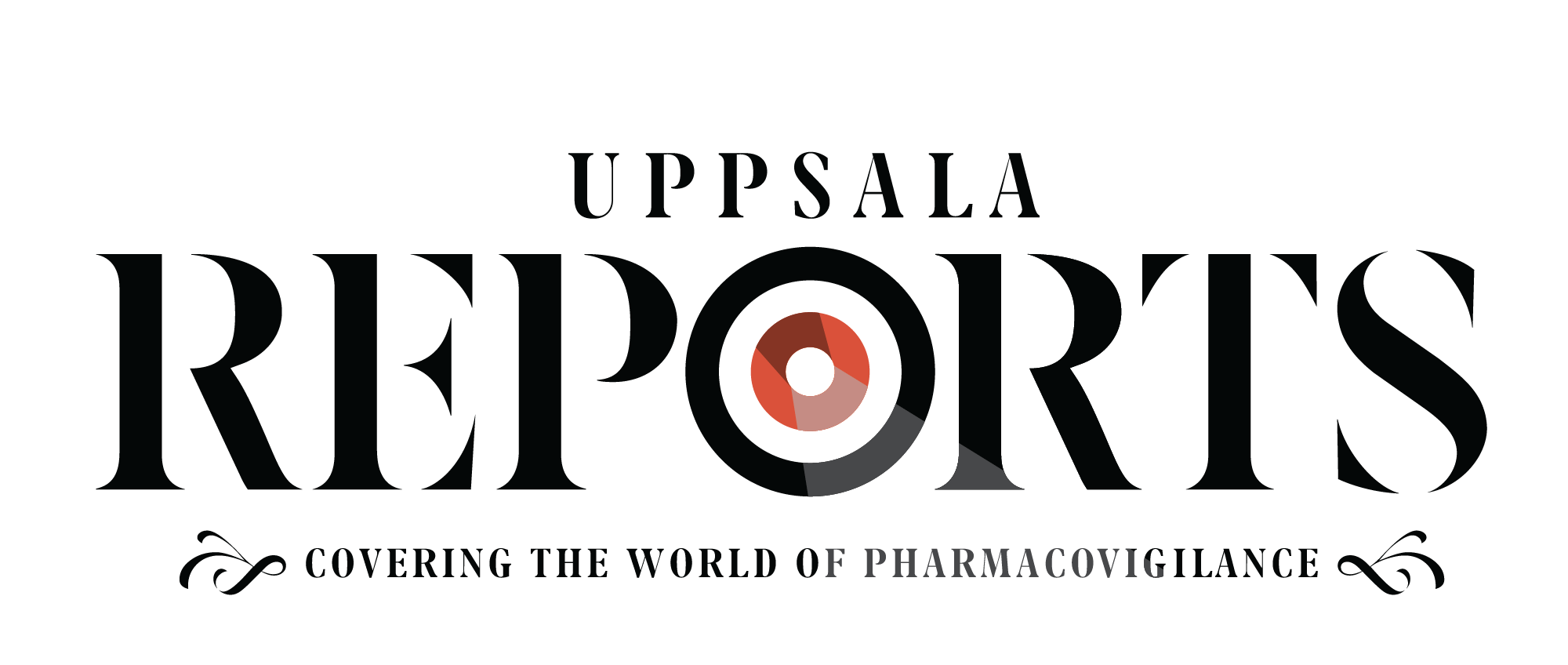
The city of Verona, Italy provided the location for the 21st annual meeting of the International Society of Pharmacovigilance (ISoP) from 20-23 September 2022. Five hundred delegates experienced the first full ISoP meeting since 2019 (the 2020 meeting was cancelled due to the COVID pandemic, and only a small number attended Muscat, Oman in 2021). Many visitors commented that it was their first trip outside their country since the pandemic started, and the event underscored how informal conversations are integral to a live meeting. To that end, the Cloister of Saint Francis provided an ideal spot for poster viewing and interaction during the breaks.
This meeting enjoyed significant attendance from pharma and biotech as well as academia, regulatory agencies, and not-for-profit organisations, not to mention a significant number of poster presenters from Italy and North African countries.
The Veneto region of Italy (where Verona is located) was badly affected early in the COVID pandemic, in the spring of 2020. So the decision of the scientific committee to devote the first morning to lessons learnt from COVID-19 was justified by the thoughtful presentations of Bernard Bégaud and Patrizia Popoli on the European COVID experience. The speakers outlined the increase in adverse drug reaction reporting that accompanied the take-up of COVID vaccines, the large number of regulatory decisions, the relentless pressure, and the huge workload. At the same time, the speakers also acknowledged these difficult aspects were counterbalanced by the “joy” of the endeavour.
Day 2 of the event focused on artificial intelligence, machine learning, and big data. The presentations on the US FDA’s Sentinel initiative (presented by Darren Toh) and the DARWIN EU network (presented by Andrej Segec) explained interesting approaches to issues such as identifying potential medication errors and detecting signals. Other contributions counterbalanced the tendency towards big data and artificial intelligence with the ongoing utility of reviewing individual case safety reports. A pre-conference course on regulatory updates featured an impressive presentation on the QPPV (Qualified Person for Pharmacovigilance) role by Barbara De Bernardi: the EU QPPV role, including the concept of a “natural person” as a contact point for pharmacovigilance, is spreading and becoming a requirement in other regions.
There were several parallel sessions; from the sessions I attended highlights included a presentation on biosimilars by Thijs Giezen and the presentation on pregnant women in clinical trials by Katarina Ilic. The latter featured in the session on Medicines for Women, chaired by outgoing ISoP president Mira Harrison Woolrych. The training and professional framework session was also interesting, discussing contrasting approaches to this topic.

ISoP has always been an important venue for Uppsala Monitoring Centre (UMC) to engage in professional and scientific exchange with other pharmacovigilance experts. At this meeting, several UMC staff represented the organisation, presenting on various projects and research initiatives. As always, much of that work was depicted in eye-catching visual form at the poster exhibit.
Former UMC Director Ralph Edwards delivered a plenary talk on the final day about Giampaolo Velo, closely associated with Verona for over 30 years, and how he turned ideas and discussions into action.
The ISoP General Assembly itself was well attended and there were cheers when it was announced that Angela Caro Rojas, former President of the Colombian Association of Pharmacovigilance, would be the next President. The closing session on the last day included a presentation on ecopharmacovigilance, an area now represented in an ISoP special interest group. Finally, the Bengt Erik Wilholm Lecture on Pharmacovigilance by Saad Shakir, Director of the Drug Safety Research Unit in the UK, led us to a future of adaptive licensing where a product will be introduced to the market gradually and in tandem with post-marketing studies.
The local organising committee, chaired by Gianluca Trifirò, and the University of Verona were excellent hosts, providing plenty of inspiration for the attendees from Indonesia who will host the next meeting in 2023.




